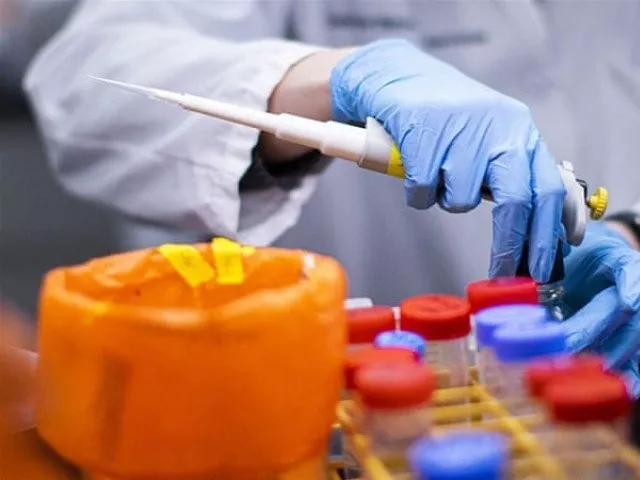Covid-19: what is wrong with random testing?
We must reach out to epidemiologists to design a deployment plan for testing as Covid-19 is a serious matter
Pakistan is relaxing its lockdown. According to global public health experts, a relaxation in lockdown should only be extended with enhanced contact tracing and testing to ensure there is no sudden rise of cases. Pakistan’s declared strategy to control Covid-19 is “Tracing, Testing and Quarantine (QTT)”. The government declared it would like to do 20,000 to 30,000 tests per day to make this work. However, we are struggling with 10,000-12,000 tests daily. Reasons for this include lack of testing kits, transport medium, and suspect refusals to get tested in the face of social stigma. To increase testing numbers, random testing is being advocated in Pakistan. The argument is that until now we have focused on high-risk travelers and their contacts or those with symptoms. With random testing, we will have a clearer picture. Unfortunately, this is not only advocated by non-technical political leaders, TV anchors but also by armchair epidemiologists. There is no denying that our dismal testing rate is a major impediment to control this outbreak. However, random testing will also not help in this regard.Random sampling and testing have a precise methodology to it. If done properly it is the most suitable method to know the prevalence of the disease by testing a few people. But for that we need to list everyone living in a geographical area, then randomise everyone in that area and pick the number we need to test. Now think about making a list of everyone in Lahore or Karachi. Randomising the list and picking the number selected by a computer and then finding those people. But that is not what advocates are thinking. They are thinking about going to an area and testing a few people there. That is a convenience sample.
So what difference does it make? A lot! Where true random testing will give you excellent information, a convenience sample will give you nothing. This type of convenience testing will be a waste of resources with no meaningful insight into the Covid-19 outbreak in Pakistan.
Instead, we need to enhance contact tracing of known cases i.e. getting information on all the possible contacts of a Covid-positive person in the last 14 days. Family members are not the only contacts. This means you need to train your staff to do it right. Globally, this is being considered a critical step in combatting the disease. Unfortunately, except for Pakistan Field Epidemiology and Laboratory Training Program (FELTP) graduates, no one knows how to do it properly here as it’s not taught in medical or public health colleges. But my concern is that even though this is part of our strategy we have not understood what it takes to do it properly at the senior decision-maker level. With increasing cases, we need to hire and train new staff for just contact tracing, and existing FELTP staff could act as master trainers. China raised a small army for this. In New York alone a $10 million project was started to hire additional contact tracers as contact tracing is a serious skill and needs to be taught.
Secondly, we need to extend testing to our high-risk groups i.e. doctors, nurses, and all staff working in healthcare settings, police and law enforcement departments in field duties, etc. However, if we want to know how common Covid-19 is in communities then the current PCR test is not the right test because it only tells us a current acute infection. For community prevalence, antibody tests tell us if the person has been recovered from coronavirus in the past. While the validity of these tests are doubtful, the world is hoping to get these tests to find the extent of the problem as 30% patients are asymptomatic. However, these tests also need to be deployed in a scientific manner to be fruitful. We must reach out to epidemiologists to design a deployment plan for testing as Covid-19 is a serious matter.
Published in The Express Tribune, May 13th, 2020.
Like Opinion & Editorial on Facebook, follow @ETOpEd on Twitter to receive all updates on all our daily pieces.


COMMENTS
Comments are moderated and generally will be posted if they are on-topic and not abusive.
For more information, please see our Comments FAQ